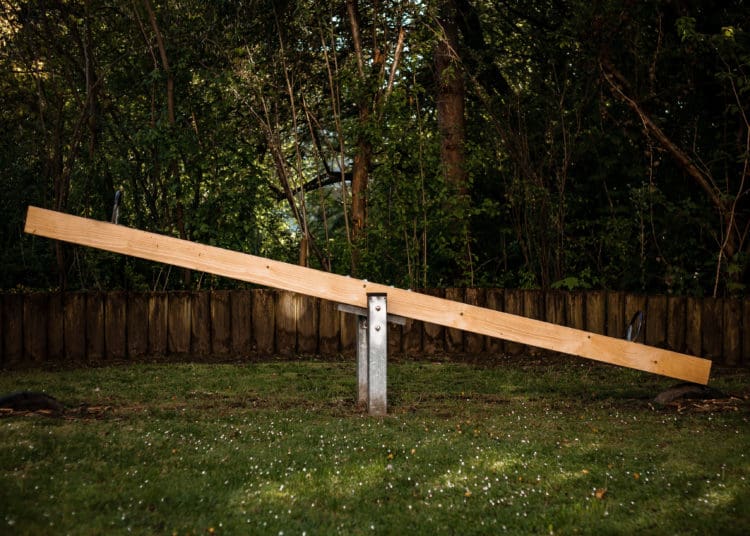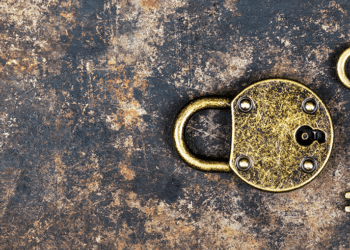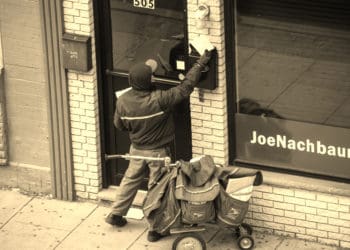One’s sense of fairness is influenced by the unfairness one has experienced.
As a single child, I thought my parents treated me fairly, since I had no siblings that were treated better.
As an able teen in the ’80s, I thought that sidewalks and buildings were well designed, since I had no need for a ramp to access them.
As a white, male, Canadian lawyer with a green card, I thought the US immigration process was well-oiled, since my citizenship application was approved in just a few short months.
Over the years, I, and others like me, learned to trust the process because the process seemed fair. We trusted the process and we praised the process. And our faith in the process earned us the privilege to keep the process. People like me, with little experience of unfairness, are now responsible to create and preserve fair processes.
If I were disabled, or of a different gender or color, I know that I would see the world differently. My sense of fairness would be different, and my trust in the process weaker. I would long for a seat at the table, to be seen and to be heard by those who hold the power, as well-intentioned as they might be.
Let us get together. Let’s have difficult conversations. Let’s create processes that are truly fair.
It’s the only way to produce fair outcomes.
This post was originally published on The Ethical Leader and is reprinted here with permission.
Writing as “The Ethical Leader,” Yan Tougas draws on 15 years of experience as a compliance & ethics officer at a Fortune 500 company, sharing insights, wisdom and lessons learned. This post originally appeared on “The Ethical Leader” and is reprinted here with permission. Views expressed are that of the author. Visit him at YanTougas.com, connect with him on LinkedIn or follow him on Twitter.



 Yan Tougas, Global Ethics & Compliance Officer, Raytheon Technologies Corporation
Yan Tougas oversees Raytheon’s global ethics programs, supporting a network of nearly 300 Ethics & Compliance Officers, managing the company’s Ombuds program, and ensuring that best practices are adopted across Raytheon’s business units. Ethical culture and leadership is the focus of all activities under his responsibility.
Yan joined Raytheon in 2000 and held positions of increasing responsibility at several of its business units. He took his current position at the Corporate Office in 2012.
Yan holds a LL.B from the University of Sherbrooke School of Law (Quebec) and a LL.M. from University of Connecticut School of Law. He sits on the Board of the Ethics & Compliance Initiative and on the Advisory Board of the Hoffman Center for Business Ethics at Bentley University. Yan currently lives in Connecticut with his wife and three children.
Yan Tougas, Global Ethics & Compliance Officer, Raytheon Technologies Corporation
Yan Tougas oversees Raytheon’s global ethics programs, supporting a network of nearly 300 Ethics & Compliance Officers, managing the company’s Ombuds program, and ensuring that best practices are adopted across Raytheon’s business units. Ethical culture and leadership is the focus of all activities under his responsibility.
Yan joined Raytheon in 2000 and held positions of increasing responsibility at several of its business units. He took his current position at the Corporate Office in 2012.
Yan holds a LL.B from the University of Sherbrooke School of Law (Quebec) and a LL.M. from University of Connecticut School of Law. He sits on the Board of the Ethics & Compliance Initiative and on the Advisory Board of the Hoffman Center for Business Ethics at Bentley University. Yan currently lives in Connecticut with his wife and three children.







